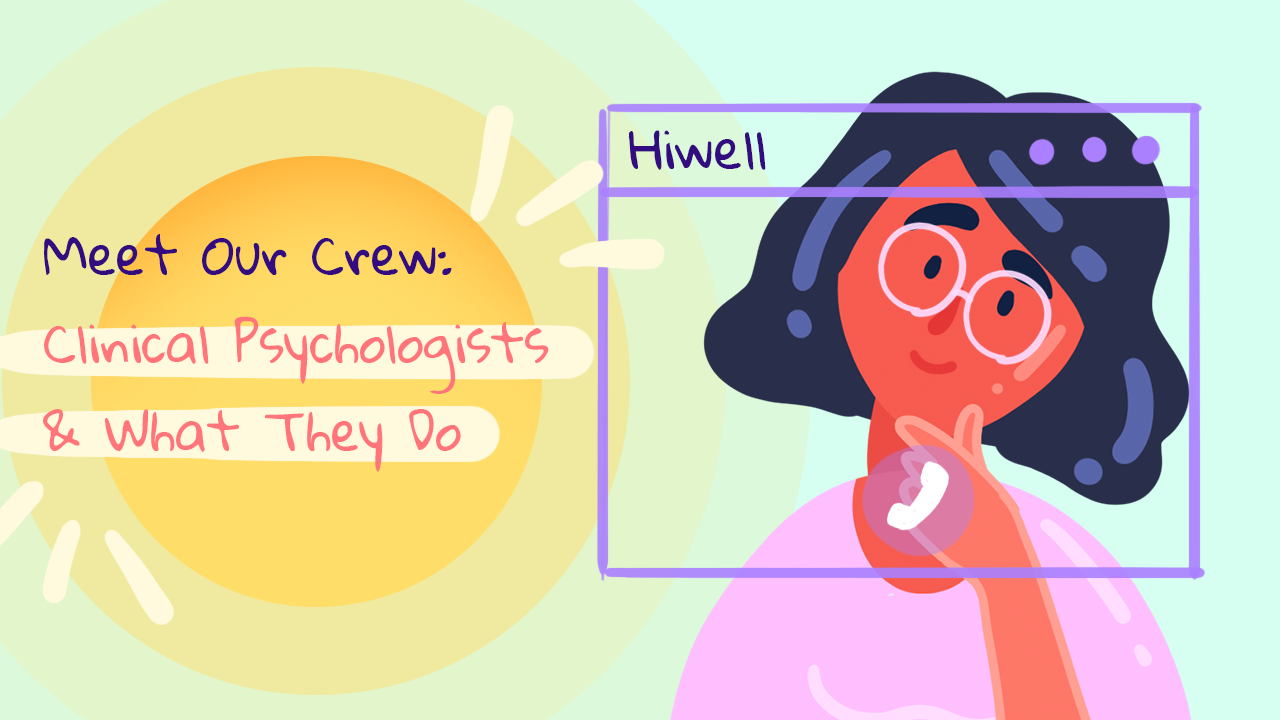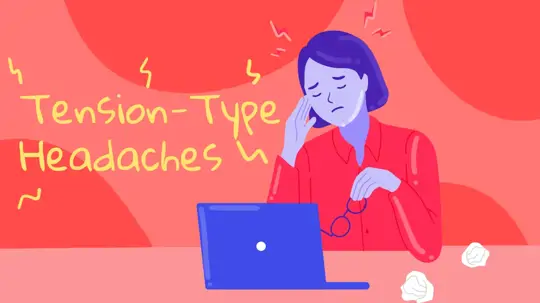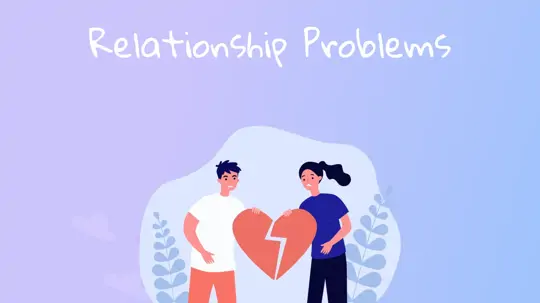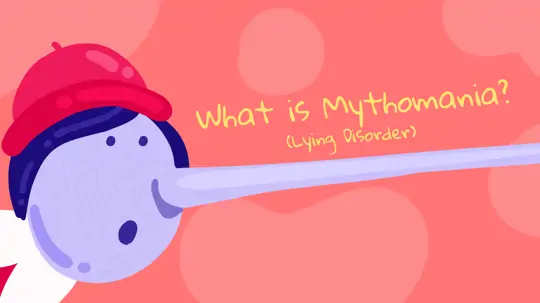
Start feeling better today!
Connect with your therapist today and take control of your life like our 850.000 happy clients.
Get StartedMeet Our Team: Who Are Clinical Psychologists and What Do They Do?
To understand how clinical psychologists differ from other professional groups, it is helpful to understand who they are, what they do, and what training processes they go through. As a result, let us first discuss who the psychologists are.
Who Are Psychologists?
People who have graduated from university psychology departments are referred to as psychologists. Psychologists graduate with a theoretical understanding of the psychological, sociological, and biological factors determining individual behavior.
This theoretical foundation is formed through their studies in clinical psychology and psychopathology theories, developmental psychology, social and cognitive psychology, industrial and organizational psychology, research methods, and statistics. However, the theoretical knowledge they gain in these classes does not provide them with the skills necessary to apply that knowledge in real life.
To do so, they must obtain a master's degree and gain expertise in one of the sub-fields of psychology (clinical, cognitive, development, industry and organization, forensic, sports, social psychology, and so on). Clinical psychology is the most well-known of these sub-branches.
Who are Clinical Psychologists?
Even though the title and its requirements change from country to country, graduates of psychology and psychological counseling and guidance are eligible to receive the title of clinical psychologist upon completion of their 2-year clinical psychology graduate education.
Individuals with undergraduate education from outside the field may also use the title of clinical psychologist if they have a master's degree and a doctorate in clinical psychology. People who do not meet these requirements are not permitted to use the title of clinical psychologist.
During their graduate education, clinical psychologists study theoretical and applied classes based on scientific data for the evaluation, prevention, and treatment of dysfunctional behavioral and emotional issues that cause individuals discomfort.
Clinical psychologists, unlike psychologists, take comprehensive courses in psychopathology and psychotherapy theories, assessment and evaluation, research methods, psychopharmacology, and ethics, and then apply this knowledge during their mandatory internship.
In addition, they see clients who are suitable for the psychotherapy approach adopted by universities.(Cognitive Behavioral Therapy, Problem-Solving Therapy, Schema Therapy, Psychodynamic Therapy, Gestalt Therapy, etc.) They get supervision from people or professors who are more experienced than them, and they improve their skills as therapists.
People who don't have a master's degree in clinical psychology work in the field of mental health, just like people who don't have a medical degree operate on their patients. Because of this, the Hiwell Psychological Counseling Platform requires that its experts have a master's degree in clinical psychology.
What Do Clinical Psychologists Do?
Clinical psychologists are educated and trained to conduct different types of services including but not limited to:
- Psychotherapy
- Psychological Assessment and Evaluation
- Psychoeducation
Psychotherapy
As was said above, clinical psychologists are trained in psychotherapy and can use it on an individual or group basis, depending on the needs of clients of all ages.
Some clinical psychologists may only use one approach of psychotherapy, while others may want to use a combination of approaches. However, the goal of each approach is the same: to reduce the client's complaints and improve and protect mental health in different ways.
In this case, the clinical psychologist's main job is to listen to and help the client in a sincere and empathetic way, without making any judgments, and within the boundaries of ethics throughout the therapy.
Assessment and Evaluation
Evaluation is another area of study for clinical psychologists. It conducts behavioral, cognitive, and emotional assessments and evaluations before, during, and after the therapy process to determine the clients' status and progress.
Clinical observation and various psychological scales are sometimes used, and a treatment plan is developed based on the results. This treatment plan aims to address the client's difficulties by taking the client's needs into account throughout the session.
Psychoeducation
Clinical psychologists may sometimes give the client and their family members psychoeducation in their area of expertise. The goal here is to help the client and their family understand their situation better and tell them what can be done in these kinds of situations.
What is the Difference Between Clinical Psychologists and Psychiatrists?
People often mix up the work of clinical psychologists and psychiatrists, even though they do similar things. Psychiatrists go to school for 6 years to learn about medicine and then another 4 years to learn about psychiatry. Psychiatrists can make different diagnoses than clinical psychologists if they finish their training, and they can also use different medicines based on these diagnoses.
Following the completion of the necessary measurements and evaluations, clinical psychologists may refer their clients to psychiatrists for drug therapy and collaborate with them to develop a joint treatment plan in order to better assist their clients.
What Kinds of Things Can a Clinical Psychologist Help Me With?
To apply to a clinical psychologist, you do not need to have any kind of clinical diagnosis. You can get help with resolving any difficulties, problems, or confusion in any area of your life. The following are some of the reasons why people seek therapy.
- Relationship Issues (Family, Partner, Work, and Friendship)
- Communication Issues
- Academic Issues
- Loss of Motivation and Anxiety for the Future
- Loss and Grief
- Depression and Anxiety Disorders
- Post-Traumatic Stress Disorder
- Suicidal Tendencies and Self-Destructive Behaviors
- Eating Disorders
- Personality Disorders
Sources
- American Psychological Association (2008). Clinical Psychology. https://www.apa.org/ed/ graduate/specialize/clinical
- Eskin, M., Dereboy, C., & Karancı, A.N. (ed.) (2020). Clinical psychology: science and practice. Turkish Psychological Association Publications.
- Prochaska, J.O., & Norcross, J.C. (2014). Systems of psychotherapy: a transtheoretical analysis (8th ed.). Cengage Learning.
- VandenBos, G.R. (ed.) (2013). APA dictionary of clinical psychology. American Psychological Association.





